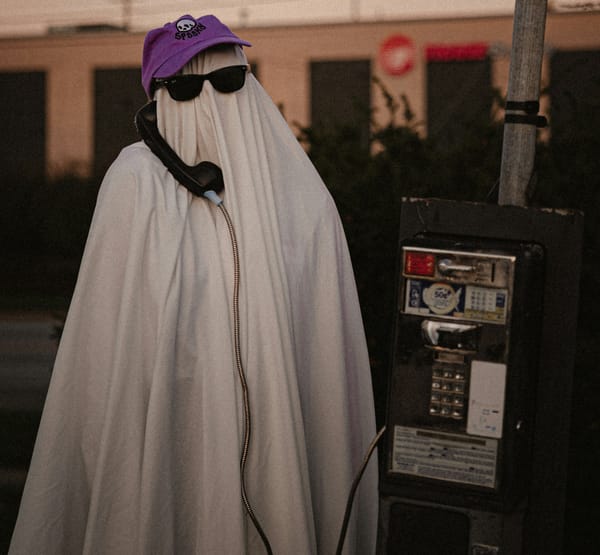Privacy in a Pandemic: Exploring COVID-19's Impact on Digital Surveillance and Tracking Technologies

Introduction
COVID-19 has transformed the world in countless ways, including the rapid introduction and deployment of digital surveillance and tracking technologies. From mobile applications for contact tracing to drones measuring body temperatures, these tools have raised profound questions about privacy, personal freedom, and the power of technology. This article will discuss some of the main technologies used during the pandemic, their potential privacy implications, and how we can balance public health with the preservation of individual rights.
- Mobile Contact Tracing Applications
Mobile contact tracing applications have been used globally to identify and inform individuals who may have been exposed to the virus. While these apps have proved valuable in controlling the spread of COVID-19, they also present significant privacy concerns. These include the potential for misuse of personal data, the risk of false positives, and the lack of transparency around how data is stored and used.
2. Thermal Imaging Cameras and Drones
Thermal imaging cameras and drones have been used to monitor body temperatures in public spaces and detect potential COVID-19 cases. However, these technologies raise privacy issues related to consent, data security, and the potential misuse of biometric data.
3. Facial Recognition Technologies
Facial recognition technologies have been utilized to enforce quarantine measures and monitor the spread of the virus. These technologies, however, can be intrusive and potentially misused for other surveillance purposes, raising concerns about consent, data security, and the protection of civil liberties.
4. AI-Powered Predictive Analytics
AI has been used to predict COVID-19 outbreaks and inform public health responses. While these technologies can provide valuable insights, they also present privacy concerns, particularly when AI systems use personal health data without explicit consent or appropriate safeguards.
5. Telehealth and Digital Health Records
The shift towards telehealth and digital health records has improved access to healthcare services during the pandemic, but it has also increased the risk of data breaches and misuse of personal health information.
6. Work-From-Home Technologies
The move to remote work has led to increased use of surveillance technologies to monitor employee productivity, leading to concerns about privacy, consent, and the potential misuse of personal data.
Conclusion
The COVID-19 pandemic has accelerated the adoption of digital surveillance and tracking technologies, raising significant privacy concerns. As we navigate this new landscape, it's crucial to balance the need for public health interventions with the protection of individual privacy rights. Striking this balance will require transparent and accountable use of technology, robust data protection measures, and ongoing public discourse about the role of technology in our society.





